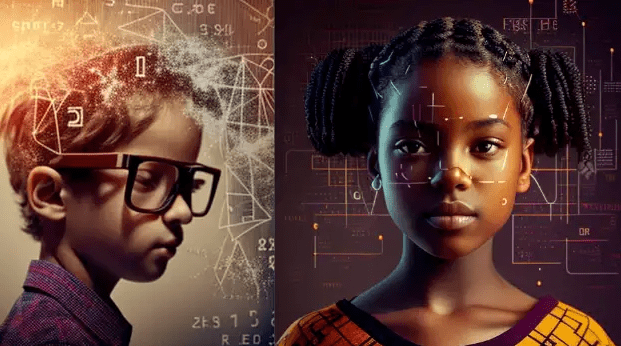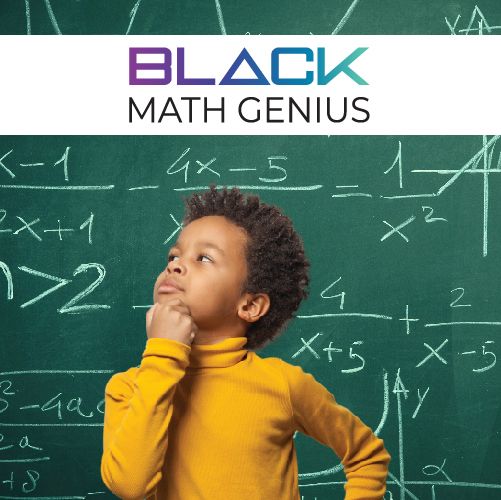Artificial intelligence (AI) has the potential to revolutionize the way we teach and learn math. With its ability to analyze data, recognize patterns, and make predictions, AI is poised to have a significant impact on math education in the years to come. This article will explore the ways in which AI is likely to impact math teaching and learning, and the challenges that must be addressed in order to ensure that AI-powered math education is accessible, equitable, and effective.
One of the primary ways in which AI is likely to impact math education is by providing students with personalized learning experiences. By analyzing data on student performance and learning styles, AI algorithms can be used to create individualized learning paths that are tailored to each student’s strengths and weaknesses. This can help to ensure that students receive instruction that is tailored to their needs, which can lead to improved academic outcomes and higher engagement in the learning process.
Another way in which AI is likely to impact math education is by automating the grading and assessment process. AI algorithms can be used to grade assignments and assessments in real-time, freeing up teachers to focus on other aspects of the learning process, such as providing individualized feedback and facilitating group discussions. This can help to make the grading process more efficient and effective, as well as allowing teachers to spend more time engaging with students and promoting critical thinking and problem-solving skills.

However, there are also challenges that must be addressed in order to ensure that AI-powered math education is accessible, equitable, and effective. One of the biggest challenges is the digital divide, which refers to the unequal distribution of technology. The digital divide has had a disproportionate impact on Black students, many of whom come from low-income families that cannot afford the technology needed to participate in AI-powered math lessons. This can result in a widening of the achievement gap between these students and their peers, which is a significant concern that must be addressed in order to ensure that AI-powered math education is equitable for all students.
There are also fears among some teachers that AI will have a negative impact on math education. Some teachers worry that students will rely too heavily on AI algorithms, leading to a decline in critical thinking and problem-solving skills. There are also concerns about cheating, as students may use AI algorithms to complete assignments and assessments. While these fears are understandable, it is important to remember that AI is a tool that can be used to enhance and support teaching and learning, not a replacement for human teachers.
In order to address these challenges, it is important for educators to receive professional development on how to effectively integrate AI into their teaching practices. This can include training on how to use AI algorithms in a way that supports student learning, as well as guidance on how to assess student understanding and provide feedback in a way that is consistent with traditional classroom practices. By equipping teachers with the skills and knowledge they need to effectively integrate AI into their teaching practices, we can help to ensure that AI-powered math education is a positive and transformative experience for students and teachers alike.
In conclusion, AI has the potential to revolutionize the way we teach and learn math, but there are also challenges that must be addressed in order to ensure that AI-powered math education is accessible, equitable, and effective. By equipping teachers with the skills and knowledge they need to effectively integrate AI into their teaching practices, and by addressing the digital divide, we can help to ensure that AI-powered math education is a positive and transformative experience for students and teachers alike.
For more information, visit www.BlackMathGenius.com. If you’re interested in professional development please contact [email protected].



0 Comments